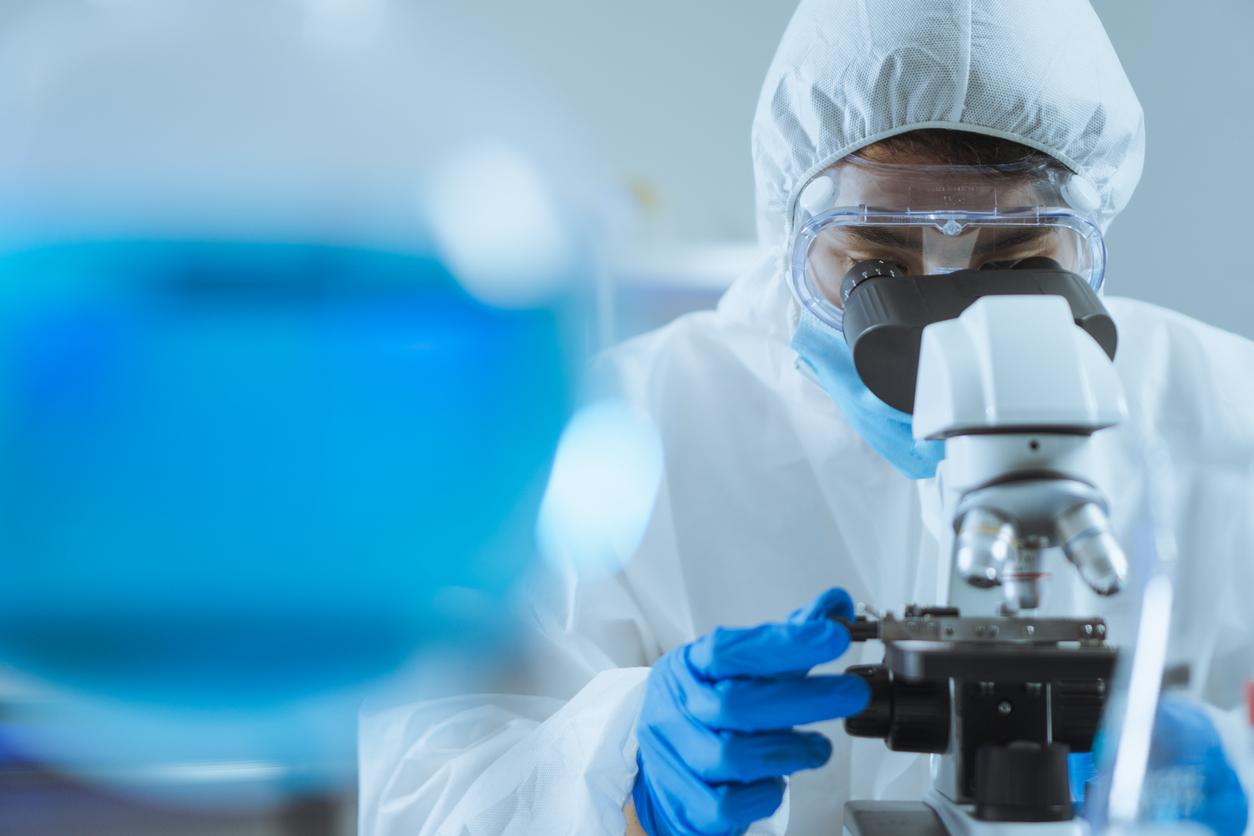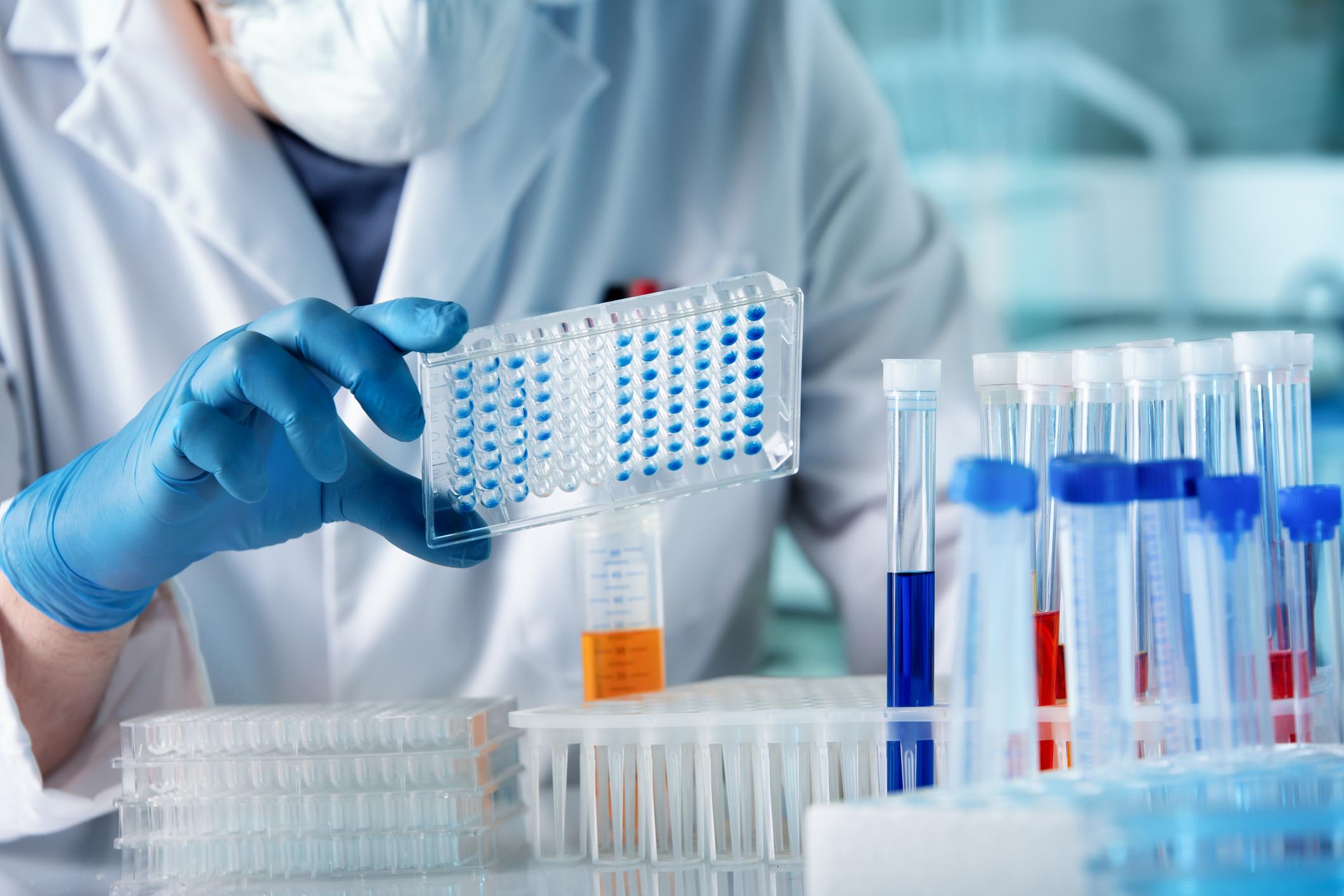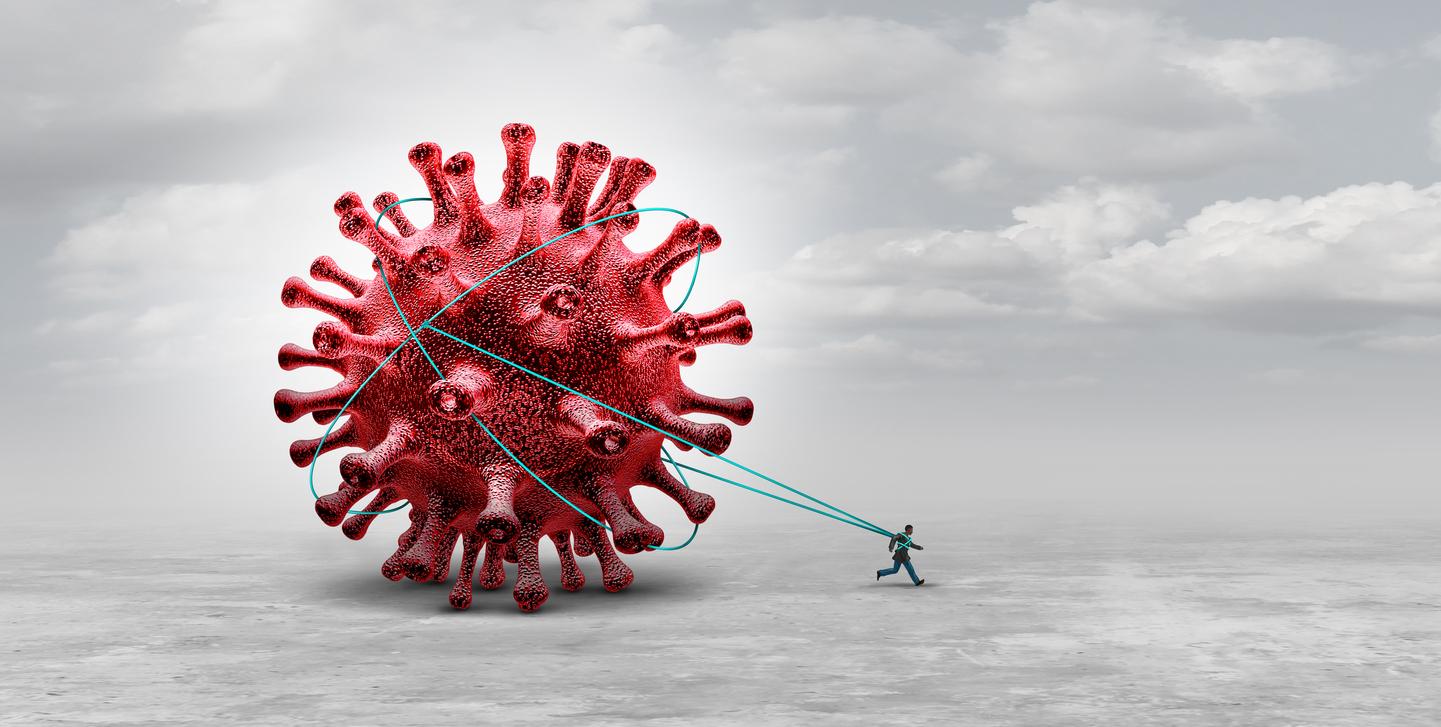
On the occasion of the day against cancer, patient care and cancer diagnoses are experiencing a sharp drop. These are the main fallout from the pandemic and the lockdowns. Consequently, it is probable that in the years to come, France is preparing for a considerable excess mortality.
This is a data that shivers down your spine, according to the newspaper Le Monde on February 1, 2021, the number of new diagnoses at the national level has just fallen to 23.3% in 2020. With the coronavirus crisis as well as the two confinements, the French have not had the opportunity to be diagnosed. According to the Unicancer federation, the delay in the care of cancer patients during the first wave of coronavirus will result in an abundance of deaths, ranging from 1,000 to 6,000 victims in the years to come.
Cancer: the leading cause of death in France
Cancers are the leading cause of death in men and the second in women in France. Yet last spring, during the first wave of Covid-19 which triggered general confinement, all systematic screenings (prostate, cervical and breast cancer) were suspended. According to geneticist Axel Khan, president of the League against cancer: “There was a 23% decline in cancer diagnoses in 2020, which means that almost 100,000 cancers have not been diagnosed,” says the doctor at the microphone of Europe 1 this Thursday. Cancer is undoubtedly a major risk factor for Covid-19. With the crisis in hospitals, some operations have been postponed to protect patients from the coronavirus. At the same time, a large number of French people avoided waiting rooms, radiology or medical offices to limit the risk of contamination.
According to figures transmitted by the Doctolib platform and the Caisse d’Assurance Maladie, the activity of general practitioners fell sharply by 44% between January and April 2020 and those of specialist physicians fell by 71% over the same period.
Screening: an essential necessity in the fight against cancer
In France, 157,000 people die of cancer each year. So with the delays due to confinements, screening has become an essential axis in the fight against cancer. Screening allows certain cancers to be diagnosed early and before symptoms appear. With the help of screening, it is also possible to limit the sequelae linked to adequate treatments. According to Public Health France: “Around 41% of cancers in those over 30 are linked to modifiable risk factors such as smoking, alcohol consumption, diet, overweight, exposure to natural and artificial ultraviolet, etc.” .















